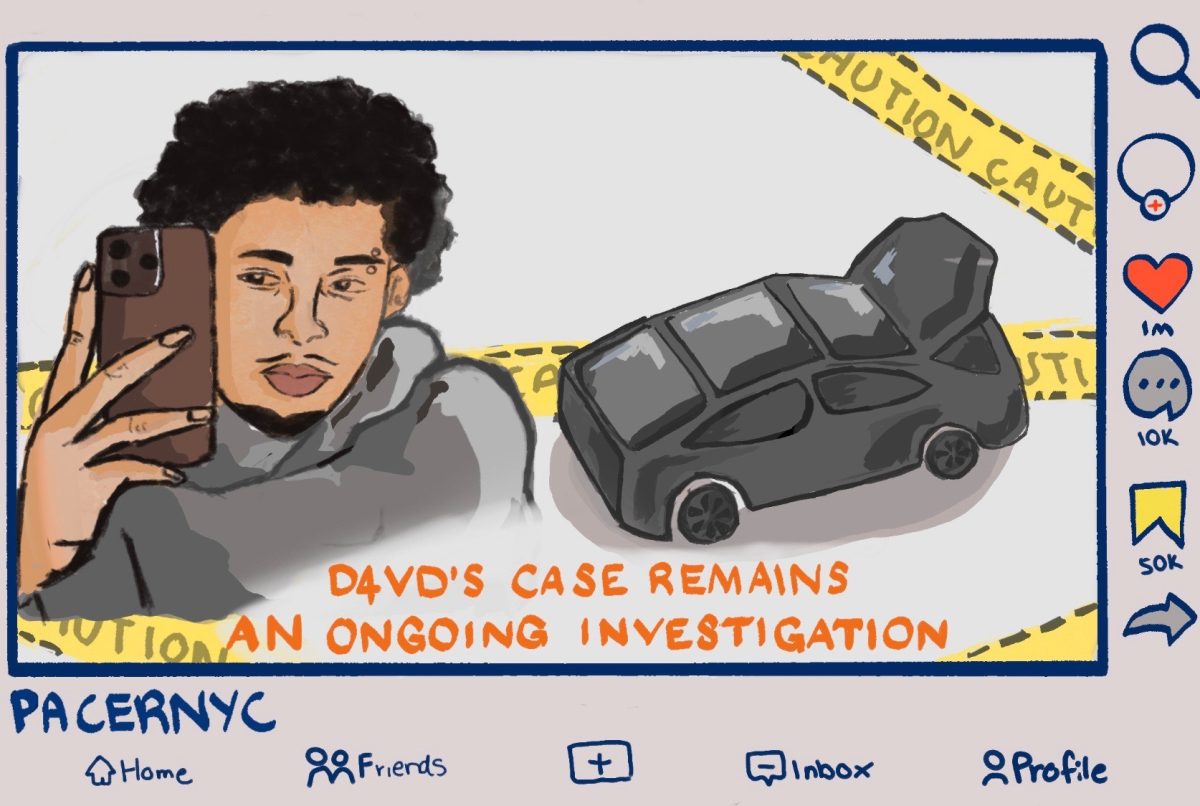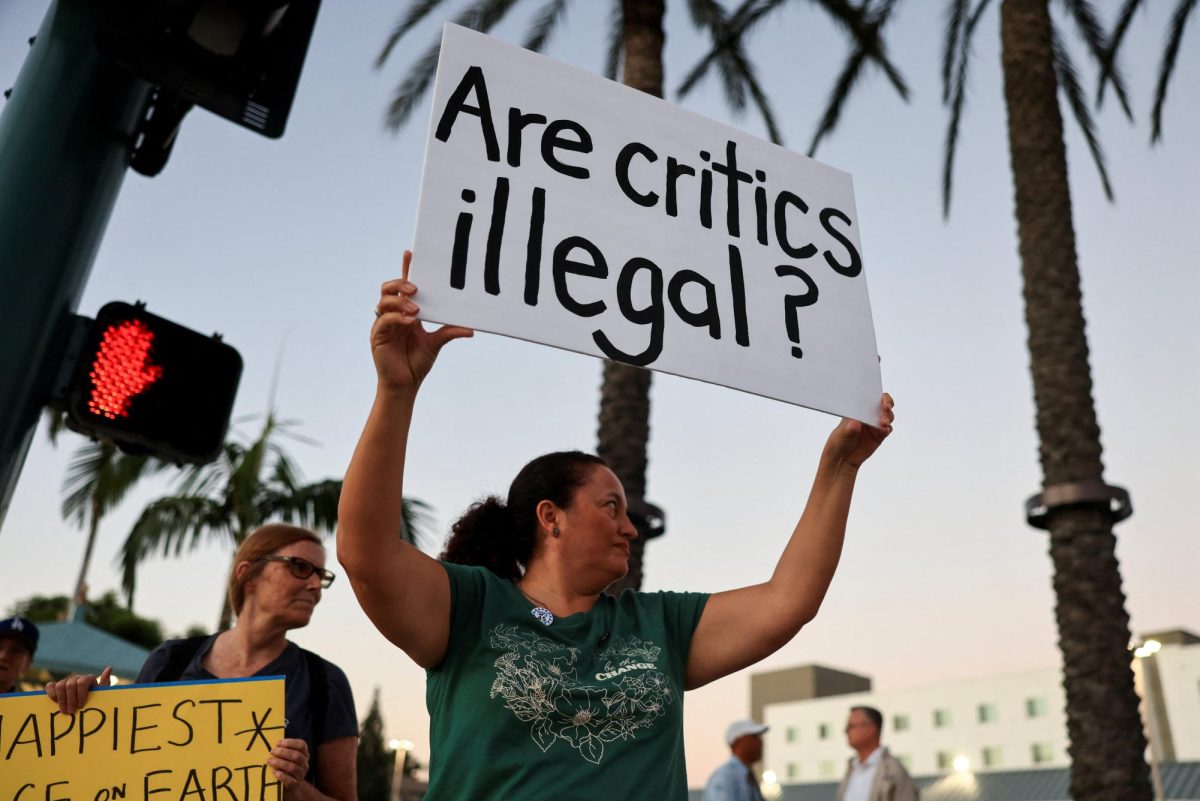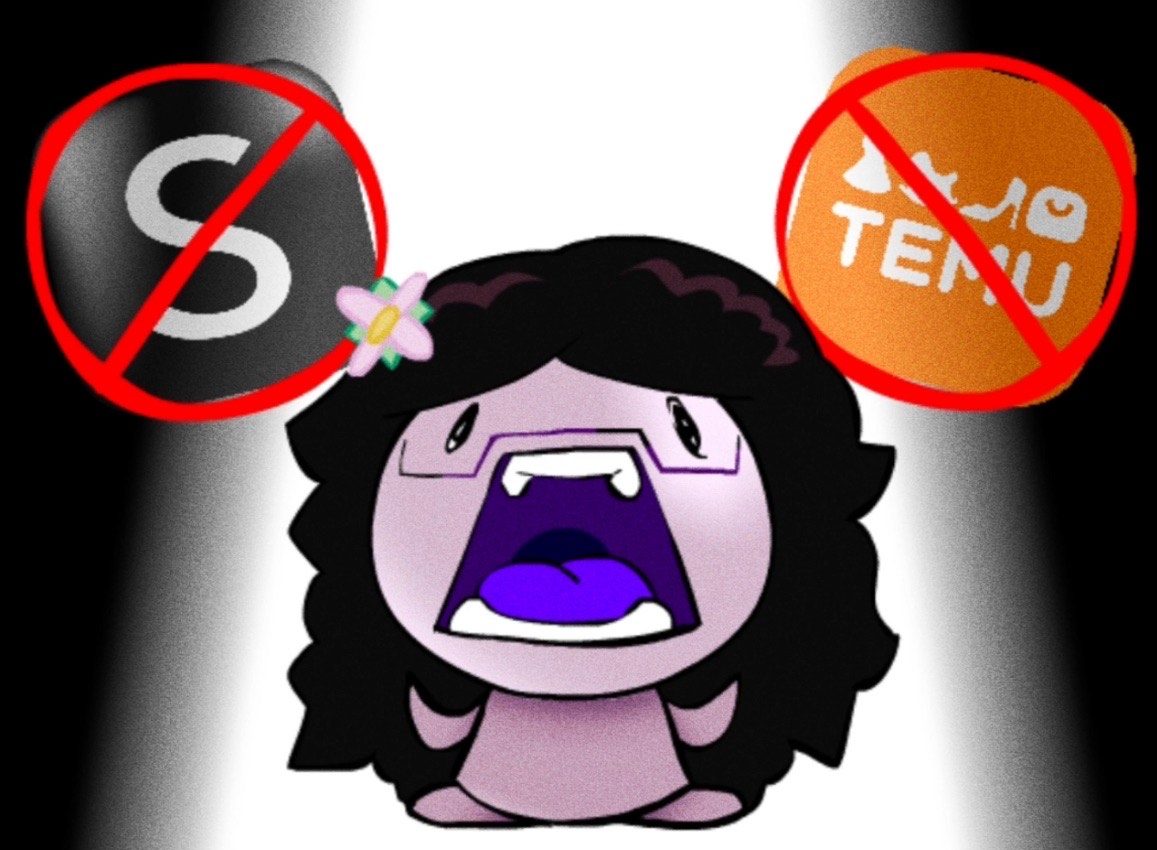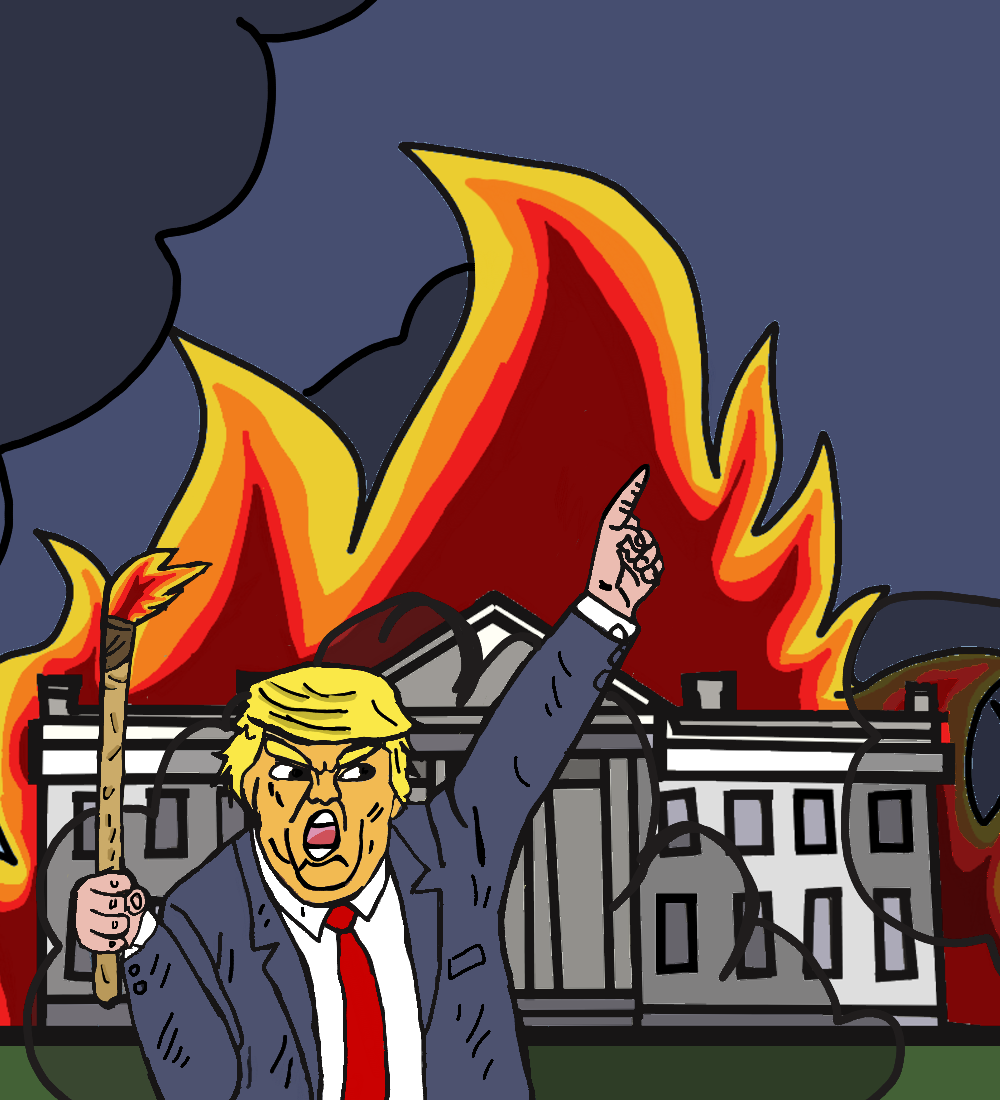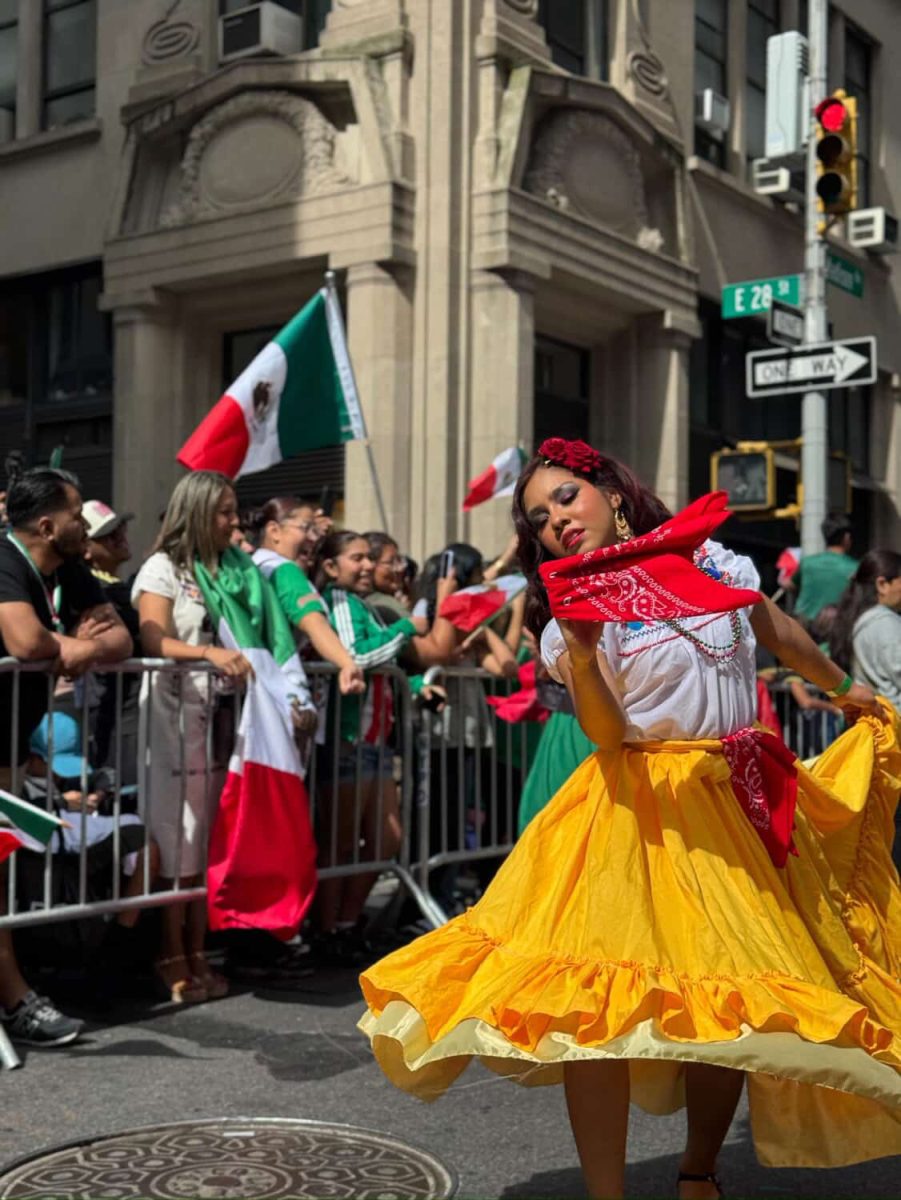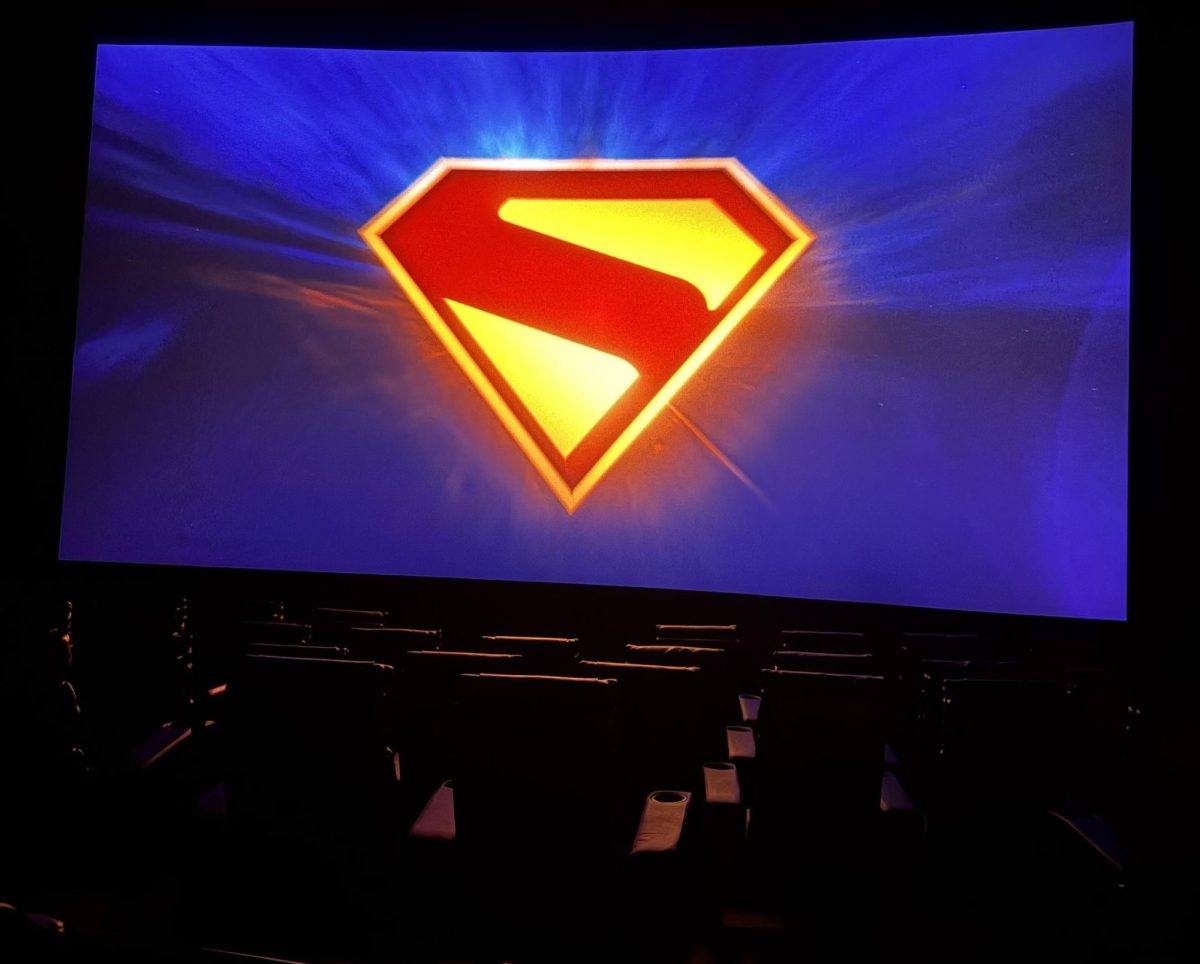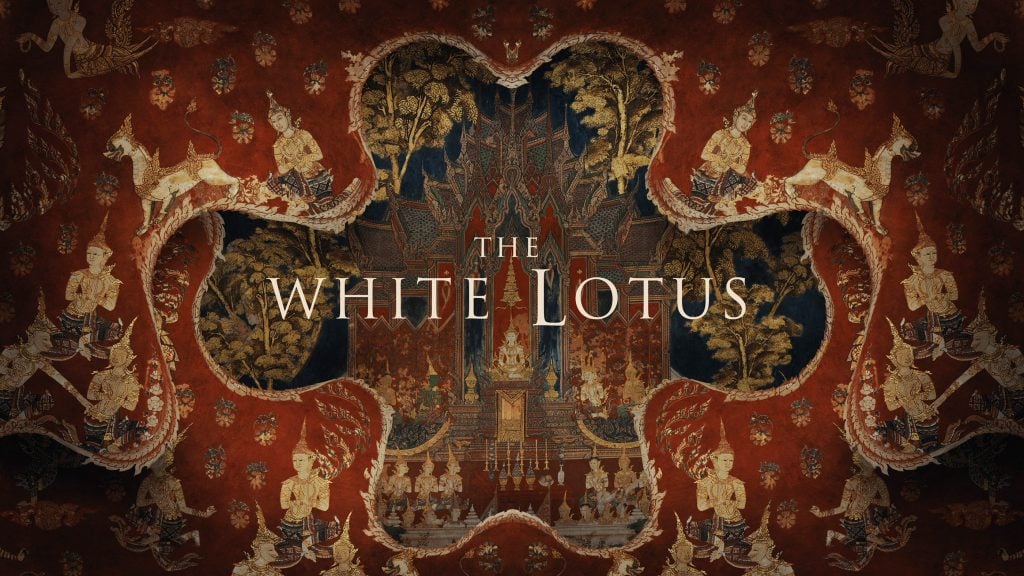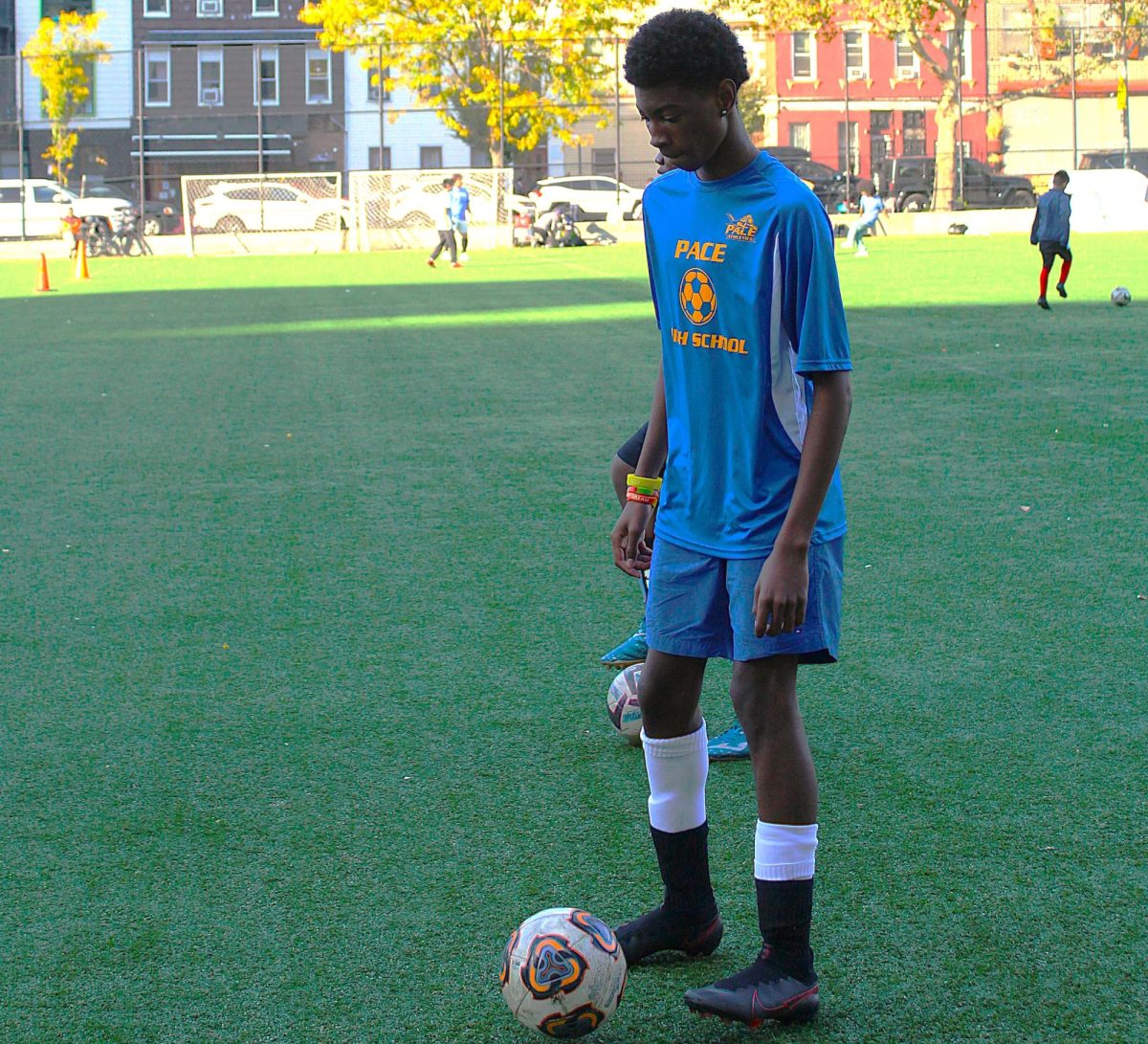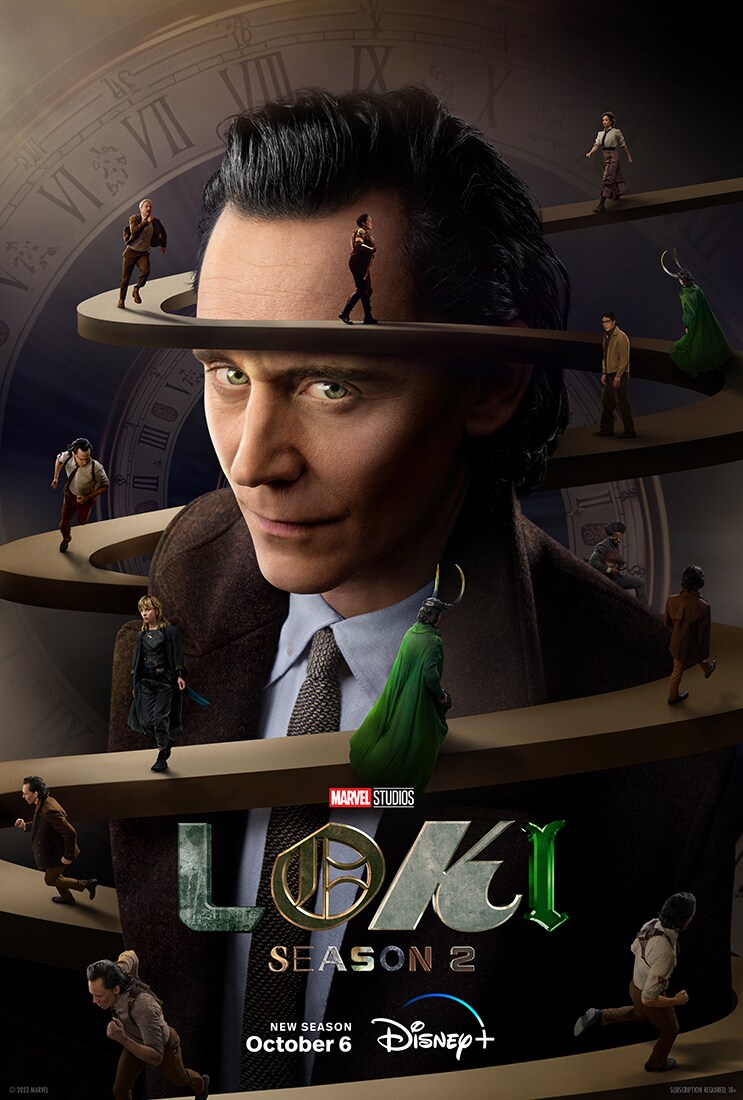Rating: ⭐⭐⭐⭐☆
When there are villains in movies, the standard way they’re portrayed is to be the “bad guys,” the antagonists who are solely there to be defeated by the good guys, and typically their stories end there.
But “Loki” season 2 gave a new feel and outlook on villains in the Marvel cinematic universe. Loki (Tom Hiddleston) was featured in popular Marvel movies such as “Thor,” “Avengers: Infinity War” and “Avengers: End Game,” where he was introduced as a recurring villain.
In 2021, the TV show “Loki” changed the view of generic villains and created a deeper character behind the villain Loki. In 2023, season 2 of “Loki” aired and, unlike season 1, the audience saw a side of Loki that dug deeper into his background and what he is capable of.
Season 2 begins with Loki being stuck in a loop where he sees his present, past, and future self in the TVA (Time Variance Authority). Loki finds himself “time warping” while flipping through the present and future.
This was an unexpected beginning after the season 1 final episode called “Glorious Purpose,” when Loki’s Variant Sylvie (Sophia Di Martino) killed He Who Remains (Jonathan Majors), the creator of the TVA. But every single detail in the show is important and makes sense at the end of the show, creating a sense of mystery and suspense throughout the show.
As the TVA slowly starts to break down, Loki tries to find a way to stop the timelines from disappearing and stop the universe from being destroyed. Loki and Mobius (Owen Wilson), Loki’s trusted friend, go looking for help from none other than the one who wrote the TVA handbook, Ouroboros (Ke Huy Quan).
Ouroboros reveals that the Temporal Loom is branching out to so many branches that it is overloaded, which is starting to imbalance the TVA and the Universe.
Heroically to save the TVA, Mobius and Loki go looking for the He Who Remains variant, who they believe has the fundamental ideas of the Sacred Timeline and knows how to save it. As Loki shows constant determination, his character has a great amount of self-doubt, as he tries to become the hero for once, he captures the internal problems of being physically and mentally stuck in one place.
Loki ends with a bittersweet touch, as Loki shows the evolution of change. The recurring theme of the show is that to fix something, we can’t destroy it, we have to find a way to bring unity differently.
I believe that “Loki” beautifully summarizes that in life there are sacrifices, changes in character, and the difference between free will and fate.

